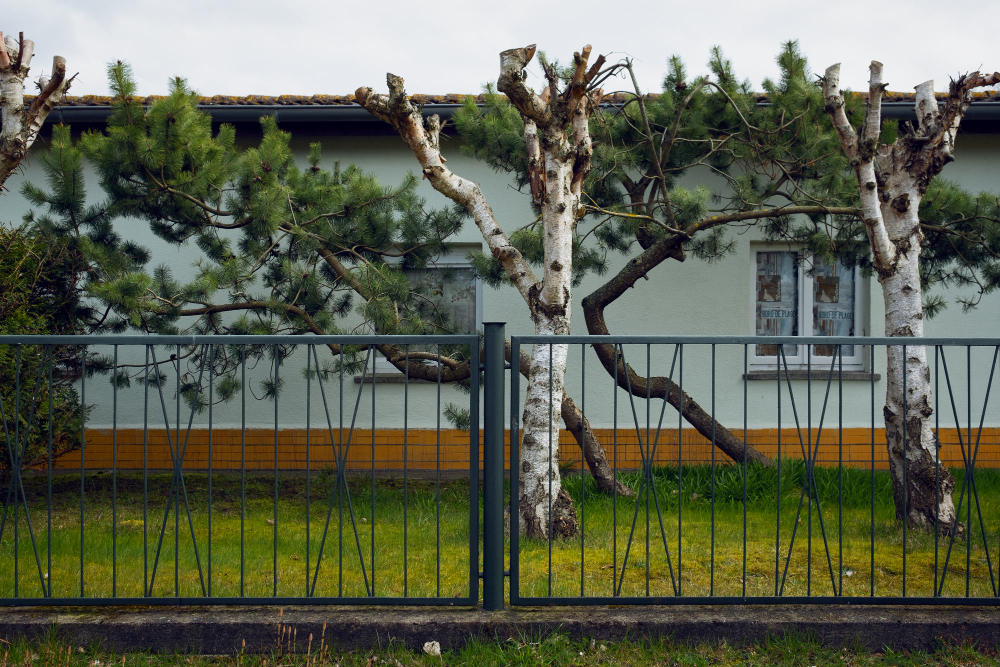Understanding the Cost of Residential Fencing

As a homeowner, securing your property and family is your top priority. One way to achieve this is by installing a fence around your residential property. A fence not only enhances the appearance of your property but also provides safety and privacy. However, before you start the installation process, it's crucial to understand the costs associated with residential fencing.
Installing a fence involves several factors that determine the cost. In this blog post, we will explore the factors that affect the cost of residential fencing and help you make an informed decision.
1. Material Costs
The material you choose for your fence affects the overall cost of installation. The most common materials used for residential fencing are wood, vinyl, aluminum, chain-link, and wrought iron. Each material has its unique features, and the cost varies. Wood fencing is the least expensive, while wrought iron is the most expensive. Vinyl and aluminum fall between them. Therefore, before selecting a material, it's essential to consider the durability, maintenance, and your budget.
2. Fence Height and Length
The height and length of your fence also impact the final cost. A taller fence requires more materials, additional labor, and time, making it expensive. Similarly, a longer fence needs more materials and longer labor hours, making it costly. However, choosing a fence that suits your needs and requirements outweighs the cost. High fences provide better security and privacy, while longer fences stretch across more land area.
3. Site Inspection
Before installing a fence, your contractor will need to conduct a site inspection. The inspection helps identify any obstacles such as trees, gardens, or rocks that could affect the installation process. If any issues are identified, the contractor will provide a quote stating the additional cost for the extra work.
4. Permits and Regulations
Permits and regulations are additional costs you need to consider when installing a fence. Some states require you to obtain permits before installing a fence, while others don't. The cost of obtaining a permit varies depending on the state requirements. Additionally, local regulations requiring specific types of fences or location of installation can affect the final cost.
5. Installation Costs
The installation cost includes the labor and equipment needed to install the fence. Depending on the complexity of the installation process, the cost can be high. The number of laborers, type of equipment, and duration of the installation process can all affect the final cost.
Conclusion
Residential fencing is an investment in your safety, privacy and adds value to your property. However, before starting the installation process, it's essential to consider the cost. Understanding the factors that influence the cost helps you make an informed decision that meets your requirements and budget. Byers Fence in Sanford, FL, provides high-quality fencing services at competitive prices. The company offers various fencing materials, including wood, vinyl, aluminum, chain-link, and wrought iron, to match your needs and requirements. If you're looking for fence contractors in Sanford, FL, contact Byers Fence to schedule an appointment and get a quote for your residential fencing project today.